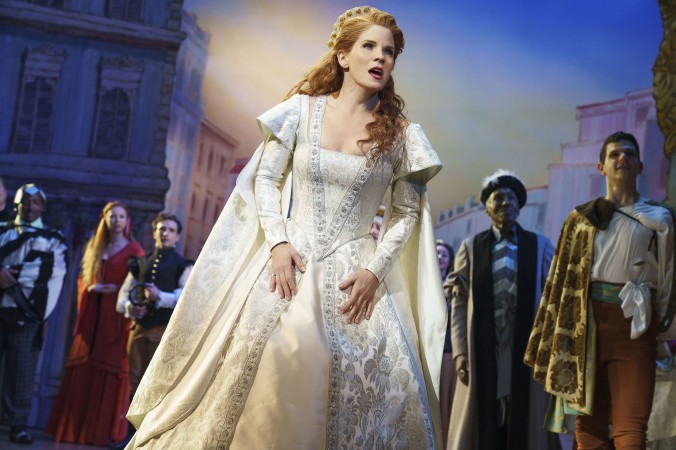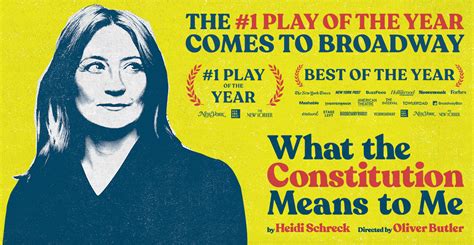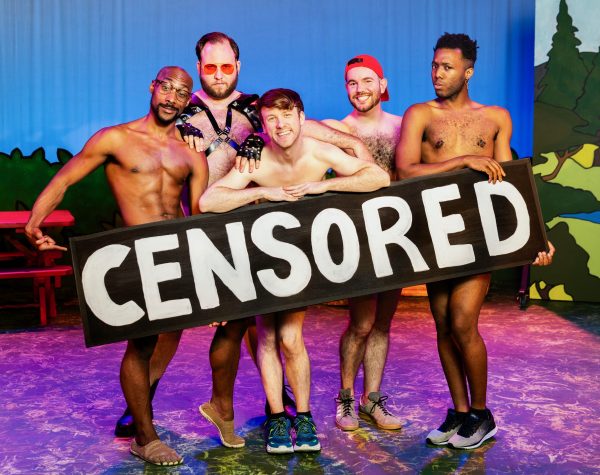On a recent episode of Crazy Ex-Girlfriend, Rachel Bloom’s character is in a revue of classic musical theatre songs, all of which she’s loved and adored since childhood. However, as an adult revisiting (and performing) these songs, she notices how dated, misogynist, and problematic they are. Her discomfort at this realization is very similar to the experience of watching Roundabout’s revival of “Kiss Me, Kate,” which despite its glittering costumes, impressive choreography, talented cast, and beloved songs, is irrevocably old-fashioned in all the wrong ways.
To be fair, everything about this revival is gorgeous— as long as you don’t listen too closely to the lyrics. Lines like “taunt me, and hurt me, deceive me, desert me, I’m yours ’til I die,” “baby can be your slave,” “Oh baby will you be mine? You’d better answer yes or papa spanka,” and “If she says your behavior is heinous, kick her right in the Coriolanus” just don’t work, can’t work in 2019. Scott Ellis clearly tries to lean into the farce of it all, but no matter what, domestic abuse just is not funny anymore (was it ever?).
Similarly, the production attempted some slight tweaks to make the musical more palatable. Amanda Green is credited with “additional material,” which mostly comprised of changing the cringe-worthy penultimate song “I Am Ashamed Women Are so Simple” to the gender-neutral “I am Ashamed People are so Simple,” an alteration that is too little and too late. By that point, the audience has already endured over two hours of misogyny, physical abuse, slut shaming, and more.
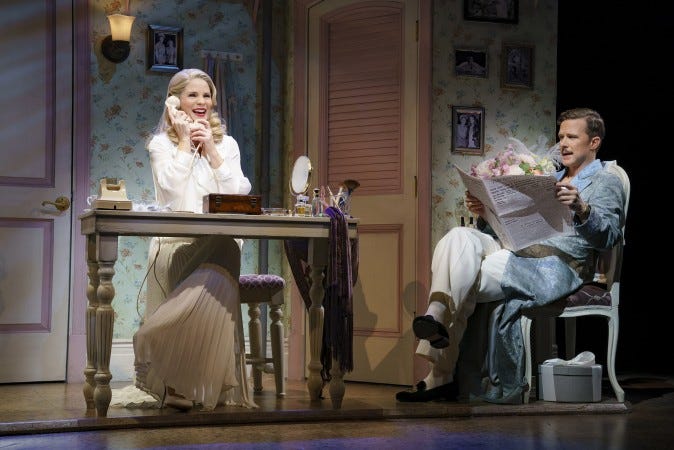
Putting expiration dates on works of art is antithetical to the entire idea of a theatrical revival. But something about “Kiss Me, Kate” just does not work here. It is hard to even put it into the category of a “problematic favorite” which with the right direction might be saved — think Lincoln Center’s “The King and I” in 2015 or this season’s “Oklahoma!” Sadly, this “Kiss Me, Kate” is mostly straight forward, uncritical, and non-political.
Other than its major tonal flaws, there is very little to criticize in the acting and design of the production. David Rockwell’s backstage brick and onstage cheap sets are spot on, Jeff Mahsie’s costumes are luxurious and nostalgic in all the right ways (including some pieces from the Marin Mazzie revival), and Donald Holder’s lights are sensual at all the perfect moments.
Kelli O’Hara, as always, is superb; if I could, I would listen to her sing all day. Sadly, she is a bit miscast here as the starlet Lilli Vanessa/Katharine. Her best work, “So in Love,” is marred by the Stockholm syndrome lyrics and her classic rant song, “I Hate Men,” is performed with a disappointingly little amount of anger. She has impeccable coloratura vocals and perfect comedic timing, but there is lack chemistry with her leading man, Will Chase, who plays director, writer, producer, actor, ex-husband Fred Graham/Petruchio. Mr. Chase gives a fine performance, but it seems that he has far too many songs — or maybe its just a desire that O’Hara had more. Overall, she felt a bit under-utilized.
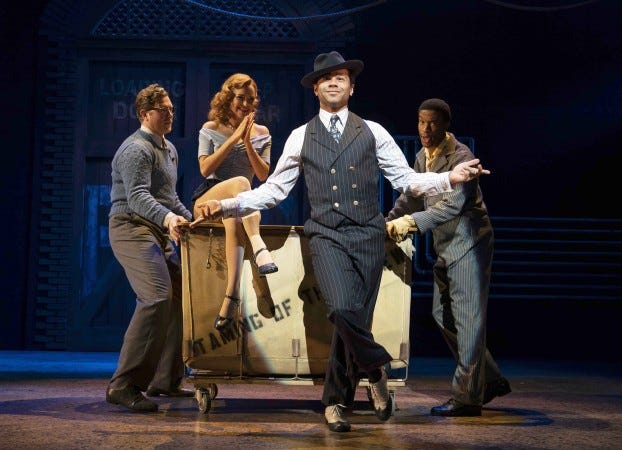
As the secondary pair, Corbin Bleu (Bill/Lucentio) and Stephanie Styles (Lois/Bianca) really steal the show. Bleu’s incredible dancing skills (who knew?) and Styles’ hilarious ingenue really keep the show moving in sections that sometimes lag. In particular, his “Bianca” tap sequence and her “Always True to You in My Fashion” are some of the most memorable parts of the show. They both achieve some amazing feats of performance: Bleu tap dances up and down a staircase and Styles manages to belt while upside down balancing inside a ladder that is being wheeled offstage.
The main factor that makes this production so enticing is Warren Carlyle’s choreography, which is impressive enough that it successfully distracts you from the problematic words for several magical moments. His “Too Darn Hot” is nothing short of an apotheosis, a prime example of what classic Broadway dance.
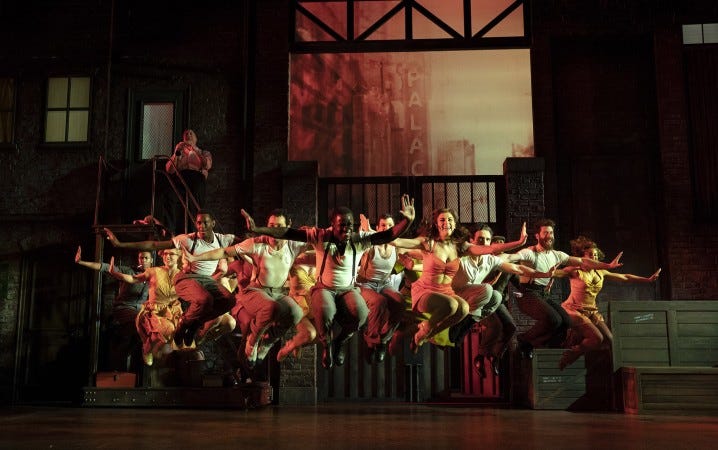
Ideally, musical revivals are re-imaginings that breathe new life into something. If not, they are an excuse to do something old and decadent. This second motivation of something stunning and sumptuous can be great when, for example, it is something as innocuous as “Hello Dolly!” However, “Kiss Me, Kate” is a different story; it may be (almost) as beautiful and beloved, but it is marred with deeply problematic content that in this day and age is bound to make us wince.
This production added a Cole Porter song “From This Moment On,” a brief anthem of wifely duty that Lilli sings with her fiance, Harrison Howell (Terence Archie). On the surface, this is yet another sexist ditty, but Kelli O’Hara’s performance of it is masterful and encapsulates the entire experience of watching “Kiss Me, Kate”: she was silently uncomfortable, skeptical in her face but still verbally echoing the awful lyrics. Every time she was picked her up or forcibly moved her during the song, O’Hara made a face of surprise and discomfort, expressing “Oh, I didn’t want that, but okay I guess” — which sadly sums up just about everything in this untimely “Kiss Me, Kate” revival.


